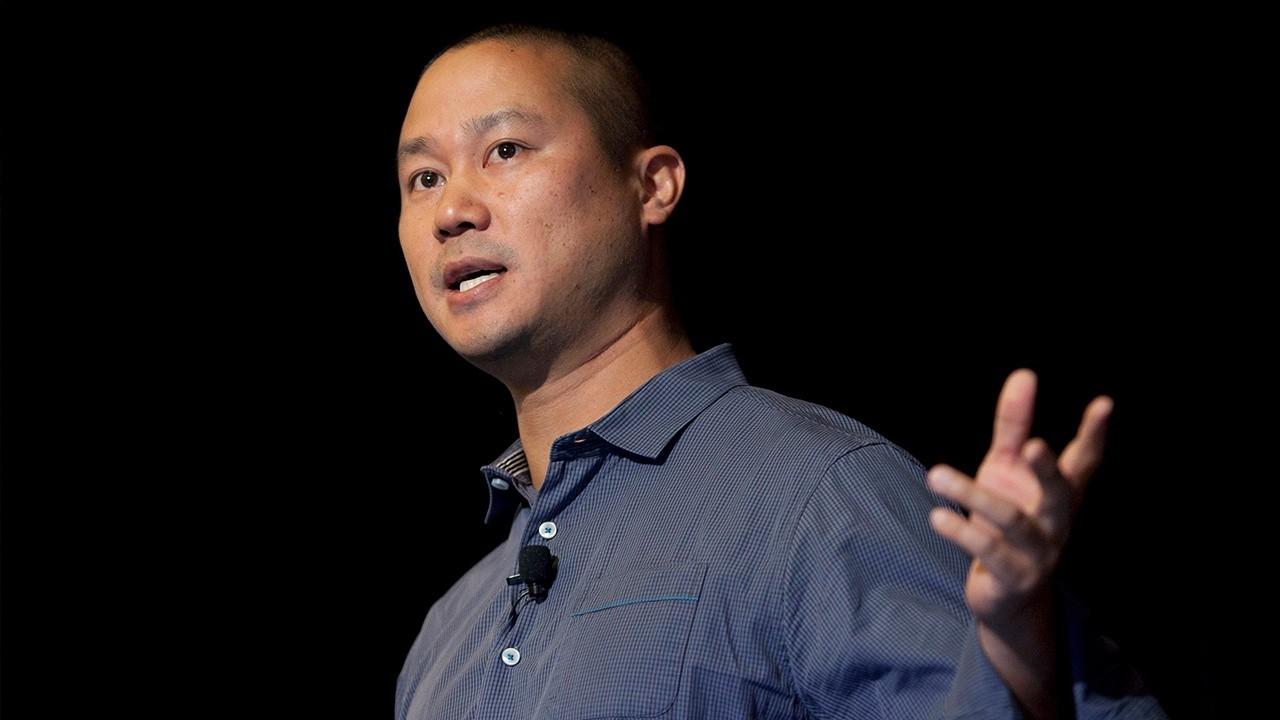Billionaire former Zappos CEO left no will – here’s why you should
More than half of Americans do not have a will or trust in place
Former Zappos CEO Tony Hsieh reportedly did not leave a will behind after he died last week in a fire.
Hsieh, 46, retired as head of the e-commerce retailer in August and died from complications related to smoke inhalation while visiting family in Connecticut. His estate is estimated to be valued at $840 million.
Hsieh’s family has asked for his father and brother to be named as special administrators of his estate.
Here are some things to know about wills and trusts and what happens when you put no plan in place:
Wills vs. trusts
A will is a document that outlines how assets and money will be transferred to beneficiaries at the time of death. The transfer takes place immediately in most cases – or at most over the span of months, depending on the asset. With a will, your finances will become part of the public record, so other people can see what assets you had and what decisions you made regarding the division of those assets, Dave Hanley, CEO and founder of the will- and trust-creation app Tomorrow, told FOX Business.
One reason wealthy or famous people often put off creating a will is that they don’t want to have their information made publicly available.
A trust, on the other hand, will divvy out assets over time and keep your information completely private.
If you choose to create a trust, it is often prudent to still write a will as a “catch-all,” Amy Joyce, a partner at Margolin, Winer & Evens, told FOX Business. This is because things like jewelry often aren’t accounted for in a trust and can go overlooked.
There is a way to maintain your privacy while using this strategy, too. Joyce said by writing a short will stipulating that all your assets be transferred to the trust, you can cover your bases.
FORMER ZAPPOS CEO TONY HSIEH DIED WITHOUT A WILL, FAMILY SAYS
When no plans are in place
Without a will or trust in place, property will be distributed in probate court by a process known as intestate succession, which will typically result in all of an individual’s finances becoming public. It could also take years, and a lot of money, to sort out the final details pertaining to the assets.
While the laws in every state are different regarding the division of assets, typically – sans legal documents – a portion of the deceased’s belongings is divided equally among children, while some generally go to a spouse. The state where the death occurred will have jurisdiction over who gets what.
Unsurprisingly, it’s not always clear cut.
“It gets a lot more complicated if you have things like a farm or a family vacation house,” Hanley said.
For the average person, intestate succession can end up costing more because the process has to go through the court system.
“It’s not about saving taxes, but it is about saving money,” Joyce said. “[Creating a will] is generally very inexpensive … It may end up saving the family in the future 10 times what it costs [to make one]. It’s a relatively small financial investment for peace of mind.”
Not having a will can also be particularly costly for guardianship cases.
Beyond the bureaucratic and financial concerns, not having a plan in place can take an emotional toll on loved ones: Dividing assets is often stressful, particularly when it comes to property with sentimental value, and can sometimes lead to hurt feelings or fighting.
GET FOX BUSINESS ON THE GO BY CLICKING HERE
Who should make a will?
While more than half of Americans do not have a will or trust in place, individuals do not have to wait until they’re older to write one.
“It’s great to start as early as possible and [update it] as part of your habit,” Hanley said.
Younger Americans are often most vulnerable, Hanley added. Those who have been living with partners for years can leave their loved ones in a lurch if something happens.
CLICK HERE TO READ MORE ON FOX BUSINESS
Meanwhile, Joyce said as soon as you’re legally an adult, you should file documents, because if something should happen, you want your family members to be involved to the extent that they should be, instead of having the state making decisions on your behalf.
Wills can be updated continually throughout an individual’s life and do not go into effect until a person’s passing.
In addition to directing what should be done with assets, both Hanley and Joyce point out that guardianship is equally, if not more, important. That provision within a will is something that can also be updated regularly, as children age and circumstances change, or relatives move.




















